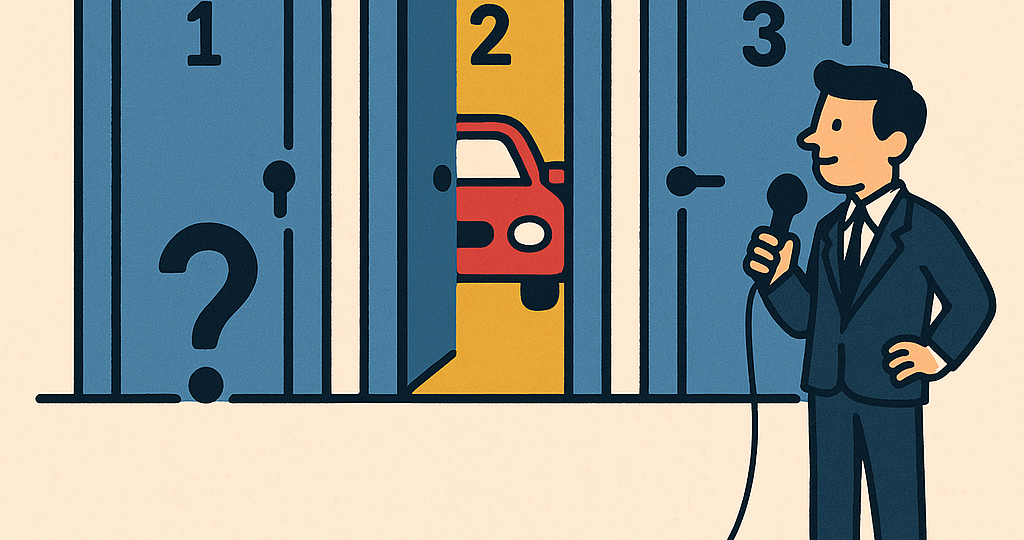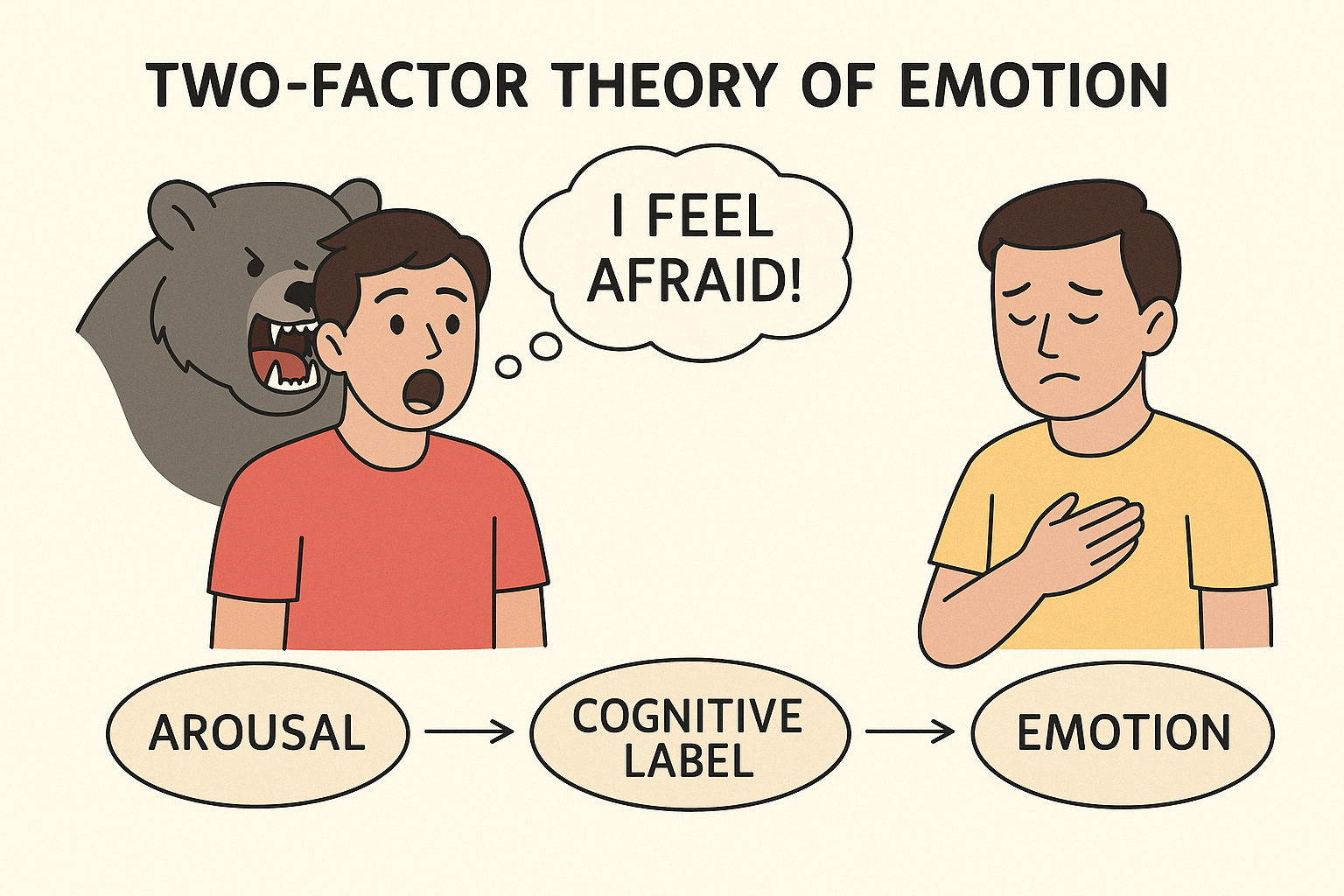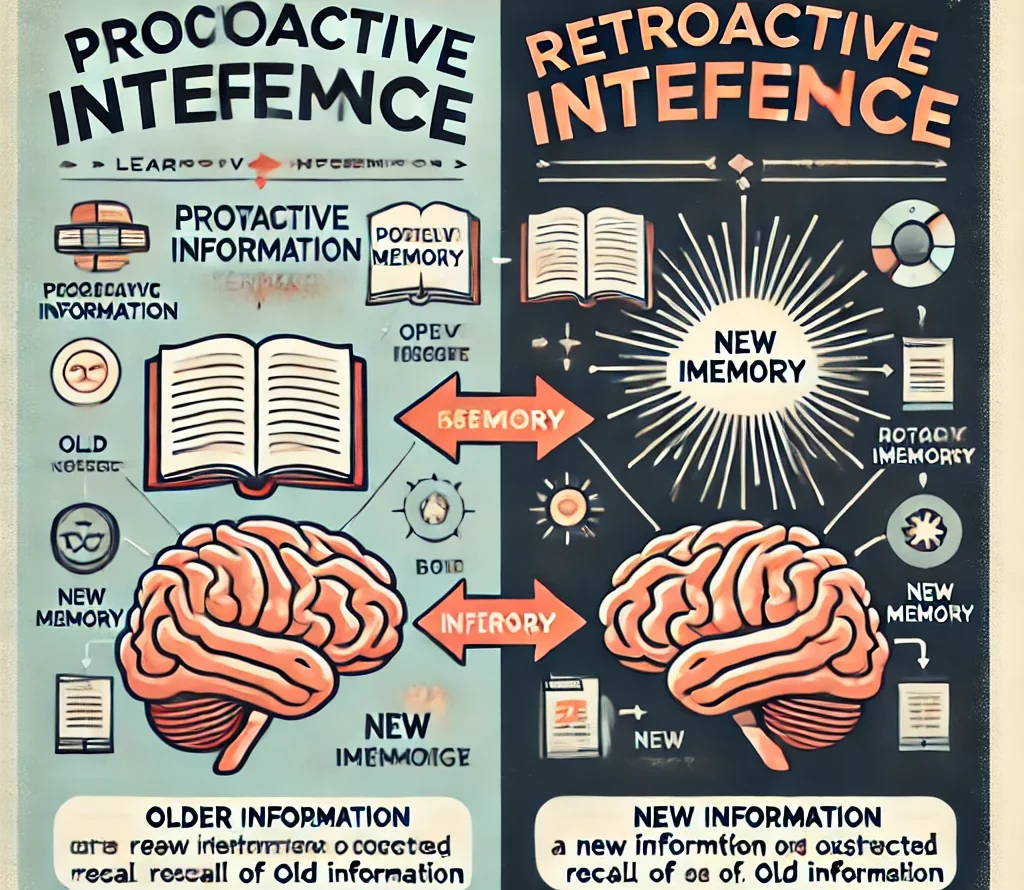
Let’s say you’re on a game show. The host, Monty Hall, shows you three doors. Behind one is a shiny new car. Behind the other two? Goats. You pick Door #1. Then Monty, who knows what’s behind each door, opens Door #3 to reveal… a goat. Now he gives you a choice: stick with Door #1 or switch to Door #2. What do you do?
Most people think it doesn’t matter—that there’s a 50/50 chance between the two remaining doors. But here’s the twist: you actually have a 2/3 chance of winning if you switch, and only a 1/3 chance if you stay. This is the brain-bending logic of the Monty Hall Problem, named after the real-life host of the 1960s game show Let’s Make a Deal.
The problem became famous in the 1990s when columnist Marilyn vos Savant (known for having one of the highest recorded IQs) published it in Parade Magazine. Readers—including hundreds of PhDs—wrote in claiming she was wrong when she said switching gives you better odds. But she was right, and the math backs her up. When you first choose, you have a 1 in 3 chance of picking the car. That means there’s a 2 in 3 chance the car is behind one of the other doors. When Monty reveals a goat behind one of those, he’s actually helping you out. The odds haven’t reset—they’re still 2/3, now concentrated on the one unopened door you didn’t choose (the door you chose still has only ⅓ chance of being the shiny new car).
What makes the Monty Hall Problem so fascinating is not just the math—it’s how humans struggle with probability and decision-making. Psychologists love using this example to study how we misjudge randomness, cling to our initial choices, or underestimate hidden information. Even when people are shown the logic or run simulations, many still resist switching. It’s a vivid illustration of what’s called the status quo bias—our tendency to stick with our first choice, even when it’s not rational.
So next time you’re offered a second chance at something—whether it’s a game show door or a decision in life—it might just be worth switching. Behind Door #2, a better outcome could be waiting.
RELATED POSTS
View all


